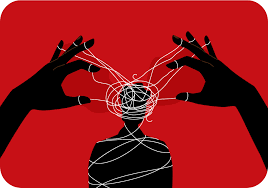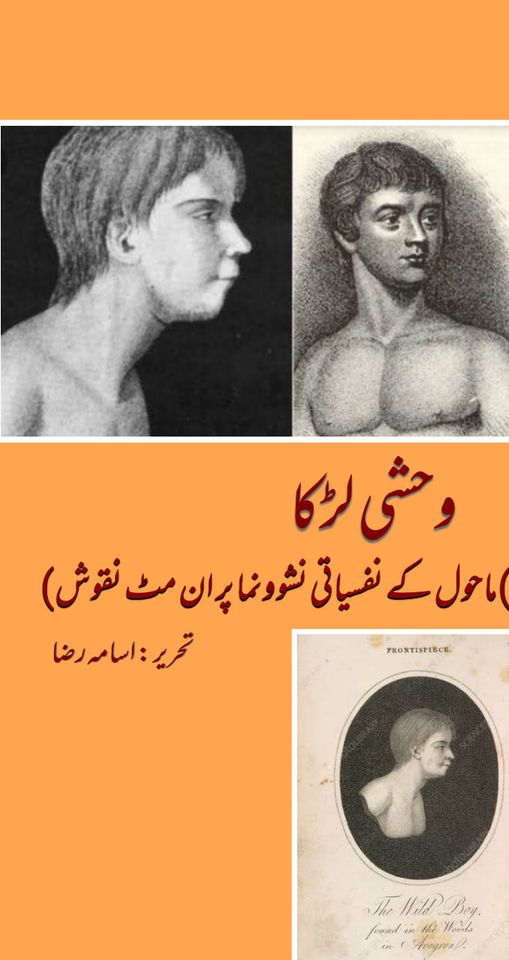Title: How Dull-Minded People Exist in a Smart World: A Psychological Perspective
Author Name: Farhat Abbas
Introduction
In our current rapid, competitive, and hyper-connected world, intelligence, speed, and innovation are greatly celebrated. We are in a world where being “smart” — intellectually, emotionally, or socially — is taken to be a passport to success. What then of those who are thought of as “dull-minded”? How do they manage, or even succeed, in a world that sometimes appears to be constructed for the brightest minds?
Let’s venture into the reality, resilience, and psychological flexibility of individuals who are not necessarily dumb or lacking in intelligence by traditional standards, yet manage to cope with life.
Who Are Described as Dull-Minded?
The “dull-minded” label is frequently abused or misinterpreted. It generally implies people who:
Learn more slowly,
Have a difficult time with complicated problem-solving,
Display limited imagination or critical thought,
Have weak memory or attention,
Are less responsive socially or emotionally.
This is not a measure of their value as human beings but a very limited definition by societal standards of intelligence. Quite possibly, many of these people do have undiagnosed learning disabilities, attention deficits, or maybe just perceive the world differently.
Key Survival Mechanisms in a Smart World
Even with adversity, mindless people survive — frequently with elegance, determination, and little-underappreciated strengths. This is how:
1. Routine-Based Stability
Individuals with slower cognitive processing tend to develop structured routines that provide them with predictability and control. In reducing the cognitive burden of daily choices, they conserve mental energy and perform well in well-practiced environments.
Example: An office clerk or factory worker who may not be innovative but excels at repetitive rule-based tasks.
2. Emotional Endurance and Patience
Compared to high-strung minds that are prone to burnout or overthink their situation, slow-witted people tend to have more emotional stamina. Their slower pace makes them more patient, tolerant, and less reactive under pressure — a highly desired skill in personal and professional settings.
3. Dependence on Support Systems
Family, colleagues, friends, and role models usually provide important support for dull-minded people to stay alive. They tend to depend more on external direction and emotional help, but this dependence creates greater communal links and interdependence.
Insight: Not an indication of dependency as weakness — rather, a profound social flexibility.
4. Adaptability Through Imitation and Observation
Most individuals with cognitive limitations manage to stay alive by watching and imitating the effective actions of others. They become excellent followers, team players, and rule-followers. Rather than reinventing the wheel, they learn what already works.
5. Hidden Strengths and Talents
Intelligence is not linear. A person who is not mathematically or verbally gifted might be extremely visually, musically, emotionally, or mechanically intelligent. The world might call them dull, but given the appropriate environment — such as craftsmanship, agriculture, or care giving — they can excel.
6. Low Risk-Taking Behaviour
Many dimwitted people shun difficult or dangerous choices, and they live safer, steadier lives accordingly. Though they will not experience dramatic achievement, they also eschew disastrous failure — a kind of quiet survival in itself.
The Danger of Labeling
It should be noted that declaring individuals as “dull-minded” is flawed in nature and socially destructive. Intelligence is not one-dimensional. A slow learner in academics can be superlative in ethics, discipline, or relationships — all of which are equally important to the functioning of society.
Strategies for a More Inclusive World
To create a world where every mind has the opportunity to grow, we require:
School systems that appreciate multiple intelligences (Howard Gardner’s theory of multiple intelligences can help us do so).
Workplace policies that value consistency and loyalty above mere innovation.
Mental health awareness that can detect undiagnosed cognitive disorders and promotes diverseness individuals.
Final Thoughts
Not all people are born to be geniuses, and no one necessarily has to be. In a world that more and more demands complexity, there is still room — and necessity — for simplicity, honesty, and constancy. People with dull minds get by not by outwitting the world, but by outlasting it with grit, character, and an authentic engagement with life.
Because in the end, survival is not just for the smartest — it’s for the most adaptable.


